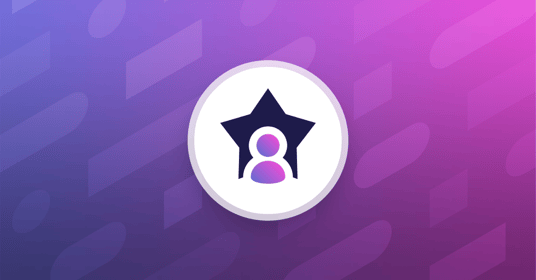The software quality field is expected to grow at an impressive 25% through 2032, offering interesting, exciting careers to experienced and new QA professionals alike. Quality teams sit at the intersection of the user experience, new product features, and advances in software development, giving QA unique influence over the customer experience and an organization’s ability to innovate. Plus it’s fun breaking things.
The barrier to any role, however, is the often dreaded interview process. While imperfect for both hiring teams and prospective teammates, interviews are an opportunity to highlight your skills, experiences, and expertise to a new company. Likewise, the job searching process is a chance for your potential future team to share their culture, mission, and goals with you.
This all-important discovery process is difficult to get right for both applicants and hiring managers. But for those eager for a new adventure in quality, we asked engineering and quality leaders at mabl for their best QA interview tips.
Patrick Eaton, Engineering Manager
Software testing and development change so quickly, I’m less concerned with specific skills and more interested in your capacity to learn. How you adapt to change, and more importantly, how you lead change for others, is far more critical to your success as a quality engineer than any single technical skill. I’d rather hear war stories that demonstrate your experience and how you think.
I want to understand how you build processes, what motivates you, and how you want to grow as a quality professional. I’d much rather you admit that you don’t know something and explain how you would work to solve the problem, than attempt to bluff your way through a technical question. Not only does that give me a better understanding of your full capabilities, but helps me assess how you’ll fit in our team and how I can best support you as part of our organization.
I always set aside time in interviews for future teammates to ask questions, which is often my favorite part of the process. Thoughtful questions show your interest in the role, the company, and what matters most to you in your next opportunity.
Troy Carter, Quality Engineer
In quality engineering, technical skills go hand-in-hand with soft skills. Being able to communicate effectively, adapt to change or unexpected challenges, and analyze data are crucial qualities to showcase during interviews. Whether you’re a manual tester or QA engineer, I’m interested in your understanding of holistic software testing methodologies across manual testing, APIs, regression testing, etc. Different test automation tools, new testing tactics can be learned, but how you approach software quality is a distinctive balance between technical specifications, empathy for your end users, and empathy for your development team.
Jeff Zupka, Engineering Manager
Whether I’m interviewing a developer or a QA engineer, I want you to ‘show’ your work. Share examples of challenges or problems you faced, and how you thought through a solution. Explain how you used data to inform your approach and share what you ultimately learned from the experience. Demonstrating curiosity, problem-solving, and leadership when dealing with issues is more impressive than only telling success stories, plus it helps me understand how you respond to bugs and collaborate across teams.
Intangible qualities are absolutely essential for quality engineering. The field crosses so many disciplines - UX, development, product - that a quality engineer needs really strong communication skills and empathy to guide their team through the testing process. Those qualities are what I’m looking for in interviews.
Dani Paul, Quality Engineer
Aside from the core knowledge required for QA, like an understanding of tooling, CI/CD, and testing strategies, job-hunting quality professionals can set themselves apart by demonstrating domain knowledge that will help you build a connection with the product and the user community. Coming from a place of passion and empathy is a powerful advantage in testing; you’ll be better able to understand how users want to use the product and translate those wants into a better software testing strategy. When you can pair user empathy with being process-driven, curious, and thoughtful, you become a powerful customer advocate who can drive meaningful change.
Preparing for Your Next Chapter in Software Quality
The world of software quality is changing faster than ever with the introduction of AI, a growing reliance on APIs, and rising consumer expectations for performance and accessibility. Whether you’re just starting your quality journey, or have been testing software for years, it’s critical to continually expand your skills. Mabl University offers all quality professionals the opportunity to learn new test automation skills with low-code tools. Earn Certifications in Foundations, Advanced, and Non-Functional automated testing strategies at your own pace to continue growing in your career.






